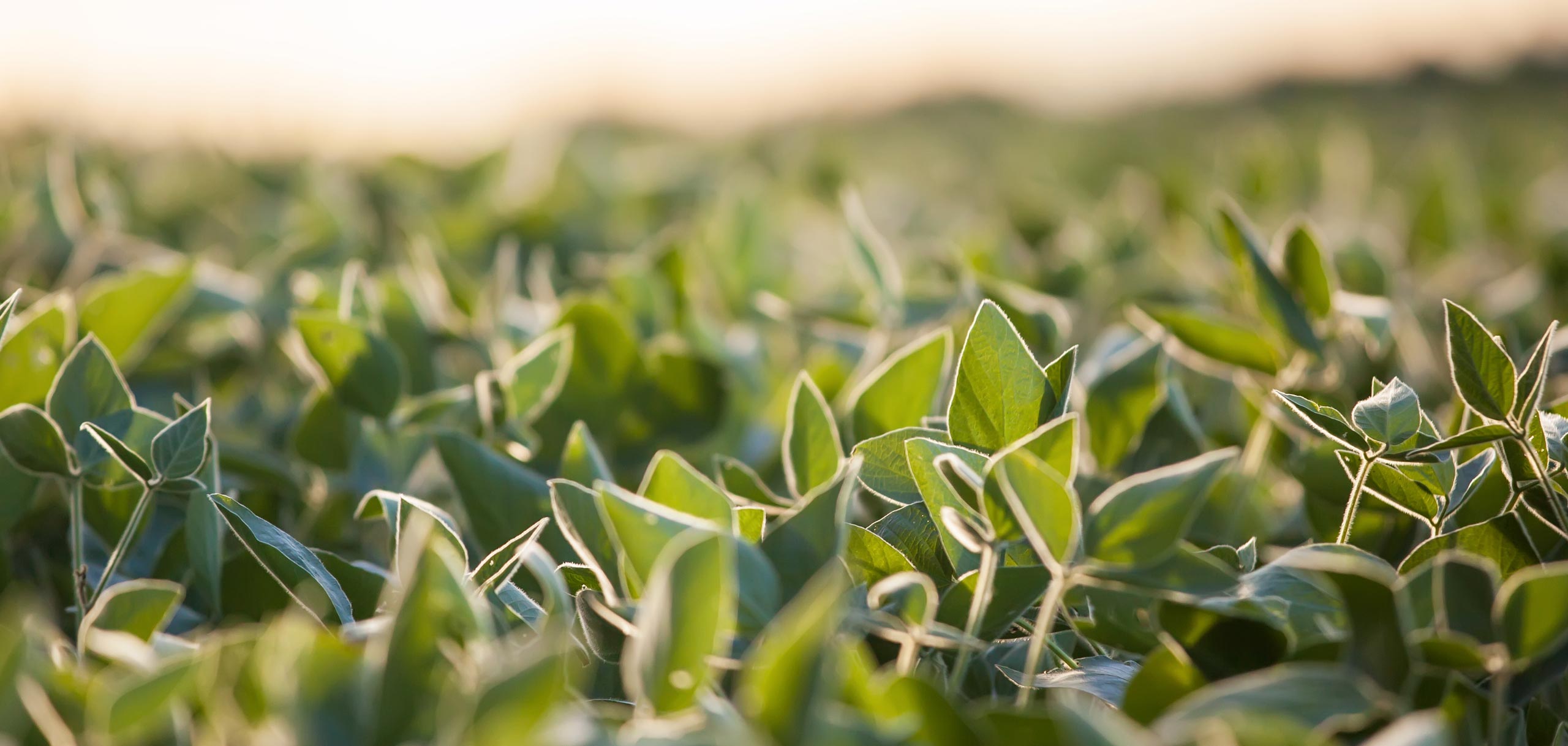USSEC to Attend ISGA Meeting in China, Continues to Work with Biotech Approval Process
- Category:
- General News

USSEC, together with the American Soybean Association (ASA) and the United Soybean Board (USB), represents U.S. soybean farmers on the International Soybean Growers Alliance (ISGA). The ISGA was set up to represent soy growers and the soy industry in Argentina, Brazil, Paraguay, Uruguay and the United States to represent a single “voice” in opposing market restrictions and scientifically unsound non-tariff barriers to trade relating to health, environmental, chemical residues and biotechnology approvals. ISGA’s goal is to meet the rapidly increasing world demand for quality, healthy soy products. The five ISGA countries represent more than 90% of global soybean, soymeal, and soy oil exports. ISGA works to develop best agricultural and environmentally-friendly practices for the entire feed and food chain.
USSEC will attend a meeting of the International Soy Growers Alliance (ISGA) in Beijing, China from March 26-28 with three main objectives. First, ISGA plans to meet as a group directly with appropriate government officials and industry groups to express ISGA’s interest in ensuring that global soy growers, as represented by ISGA, are working to help the Chinese industry meet their country’s food security needs through strong and mutually beneficial trading relationships and work to prevent potential trade disruptions. Second, ISGA will discuss issues of mutual concern to determine if between the Chinese and the suppliers’ government agencies there are actions that ISGA can take to further ensure that everyone is working with common goals and understandings. Third, ISGA will demonstrate the commonality across all main soybean producers with regard to biotech crops, and stress the need for continued predictable, science based approval processes to ensure ongoing improvement with regard to efficient production processes and to prevent any potential trade disruptions.
ISGA endeavors to spread the word about the benefits of biotechnology by supporting science-based laws and regulations to assure consumers that their food supply is safe and properly regulated and is strongly supportive of agricultural biotechnology and the benefits this technology can bring to farmers, consumers and the environment. The experience of the ISGA members is that agricultural biotechnology: improves farming operations and management practices; substantially reduces chemical use; allows no-till and minimum-till production which helps to improve soil health, water retention and reduces both soil erosion and herbicide run-off; decreases the use of machinery and diesel fuel thus enabling a reduction in greenhouse gas emissions; will bring forward the next generation of biotechnology soy products with quality traits ( such as high omega-3 and improved oil profiles); and that biotechnology soy has already been consumed globally for 16 years without any validated health concerns.
ISGA works to help new biotech events gain approval in a safe, timely manner. It is the goal of ISGA to require that biotechnology-derived soybean events be fully evaluated and approved by competent regulatory agencies in the producing countries, and that import approvals be made on a timely basis to all relevant overseas markets with functioning approvals systems. Until such approvals are obtained, ISGA expects the technology providers and seed companies to institute strict controls to ensure that any new biotech product is kept completely out of all domestic and export food, feed and planting seed channels. Soybean farmers represented by ISGA expect biotechnology and seed companies to apply for international regulatory clearances on a timely basis in all significant soy export markets that have functioning biotechnology approval processes, well before a new biotechnology product is commercialized in the markets of the producing countries. Any decision to commercialize a new biotech product which lacks relevant overseas regulatory approval will be based on the potential benefits, profitability and competitiveness of soybean farmers. Other important considerations would include the size of a potential export market and whether or not it has a functioning biotech approval system. Companies and public research institutes in soy producing countries are moving ahead with the development and commercialization of an increasing number of new biotech events. The procedure for approving new biotech events is also speeding up in these countries.
One of the markets where ISGA is striving to avoid potential trade obstacles is the European Union (EU). Europe is an important market for ISGA’s members but its slow biotech approval process could lead to trade obstacles, shortages and higher prices for feed, which could have a negative impact on Europe’s livestock industry. ISGA, together with many EU stakeholders in the feed and food chain, views the lengthy delays in the EU biotech approvals process and the continuing rejection on non-scientific grounds by some member states of the positive technical and scientific opinions of biotech products by the European Food Safety Authority (EFSA) with great concern. ISGA believes the politicization of the EU’s approval process undermines the credibility of science and biotechnology and is a potential threat to trade. With the demand for soy in countries outside Europe growing steadily, farmers in soy producing countries are increasingly reluctant to wait for EU approval of new biotech events. ISGA believes that there is a real need for practical low level presence thresholds for unapproved events. As more and more countries adopt biotech crops, there is a corresponding increase in the risk of finding low level presence of unapproved biotech events in imported shipments. The existing 0.1 percent technical definition of zero for feed does not adequately meet the practical realities of the world’s commodity supply chain and food companies are being negatively impacted by the current zero tolerance policy for those biotech products that have not been yet approved in the EU but traces of which are found in import shipments. The EU needs to adopt a practical threshold level and bring its legislation into harmony to cover low level presence thresholds for both feed and food.